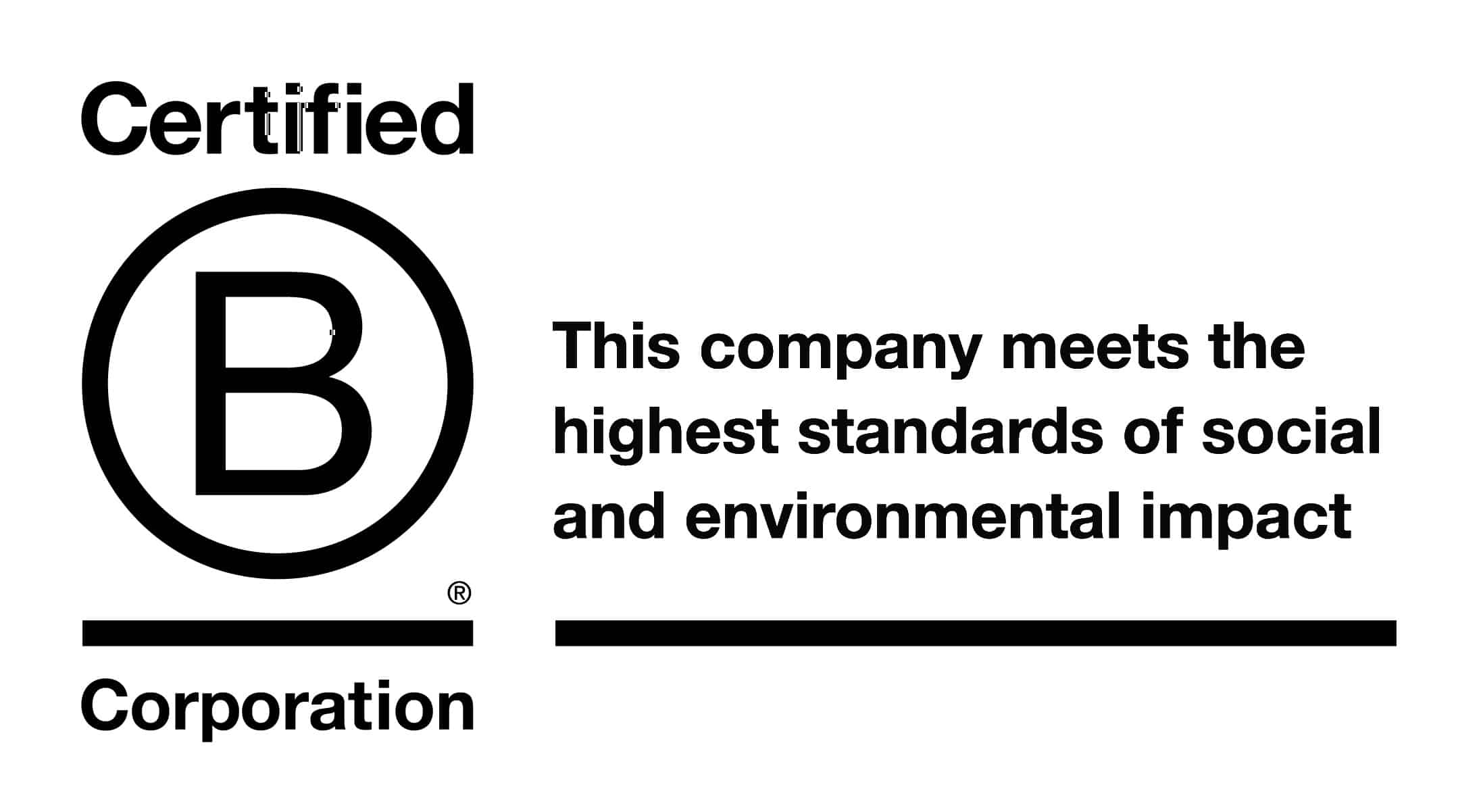
Corrosion engineering may seem like a very self-explanatory concept given its label. Yet, in practice, it is a discipline that entails numerous duties and activities that exceed the realm of simple corrosion prevention.
If you want to know more about corrosion engineering, what corrosion engineers do, the industries they work in, and maybe how to become one yourself, you are in the right place.
What Is a Corrosion Engineer and What Do They Do?
Corrosion engineers typically have a background in materials or chemical engineering but can come from a variety of educational backgrounds.
Corrosion engineers usually start by defining the corrosion issues on a given project (in design or operation), which involves assessing the exposure conditions versus the materials of construction for a given asset. Of course, corrosion can occur in many types of environments and infrastructure; corrosion can be found in bridges, oil and gas pipelines, industrial sites, waste management facilities etc. There are multiple causes for corrosion but figuring this out is the first step to selecting the right solution.
Once understood, corrosion issues can be addressed with the most appropriate control method. Corrosion engineers select and design these approaches which could include corrosion resistant materials, barrier coatings, corrosion inhibitors, cathodic protection or through altering the operating conditions (reducing temperature, using cleaner water etc).
Once in place, the corrosion controls must be monitored for performance. Corrosion engineers are often involved in designing and supporting long-term corrosion management strategies for critical assets, including inspections, monitoring, maintenance and repair input.
Responsibilities in this field encompass a blend of skills that range from technical, practical field skills, communication, project management and the ability to coach others.
What Are the Typical Assignments a Corrosion Engineer Takes On?
While the topic of the work may seem narrow, corrosion engineers can undertake a range of roles from administrative to scientific, for example:
- Creating detailed reports outlining findings
- Designing recommendations for corrosion control
- Analysing a wide variety of scientific data
- Carrying out field investigations / inspections and collecting data
- Planning maintenance for facilities and equipment
- Carrying out risk assessments for design projects
- Developing and implementing corrosion programs for facilities
- Testing novel materials to assess their vulnerability to corrosion
- Investigating asset failures
- Training other technical people
- Undertaking scientific research into various corrosion prevention methods
- Developing corrosion-resistant materials such as coatings or paints
- Conducting lab tests on materials to predict their reaction to specific environments over time
In What Industries Are Corrosion Engineers Usually Involved?
Corrosion engineers have a wide array of industries and locations to choose from. They can be found in civil engineering, construction, energy (including on and off-shore drilling operations), industrial manufacturing, aerospace engineering, civil infrastructure and mining.
Corrosion engineers typically find themselves working in remote areas, traveling extensively for their jobs to faraway locations. If you have an adventurous spirit, it can be quite exciting. Boredom and a lack of activities are seldom an inconvenience in corrosion engineering!
How Can You Become a Corrosion Engineer?
Generally speaking, these are some of the studies and requirements that enable you to become a corrosion engineer:
- Bachelor’s degree in subjects like materials, chemical engineering, chemistry, metallurgical sciences, civil engineering, or mechanical are a good starting point.
- Certifications from organizations like AMPP (Association for Materials Protection and Performance).
- Willingness and internal drive to work in non-standard surroundings and situations with a lot of different people.
- Skills like analytical thinking, data-driven decision-making, organisation and leadership.
- Check out our article on the CORRECT program Ice Dragon Corrosion currently participates in to learn more about some initiatives for students in Canada and make sure you connect with the ICE Team on Linkedin.




